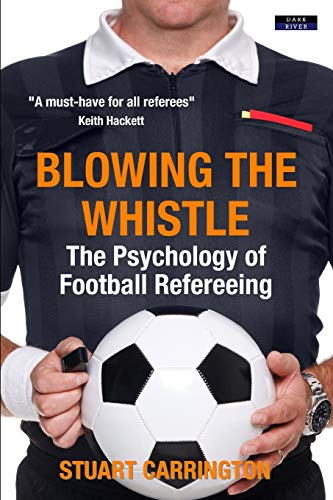In the emotionally charged arena of professional football, a single whistle, or indeed, the lack thereof, can ignite a firestorm. Recent events, echoed by the fervent cries of outrage from prominent fan bases, have once again thrust the integrity of officiating into the global spotlight. This isn`t merely about a bad call; it’s about a deepening suspicion of systemic bias that threatens to overshadow the beautiful game itself.
The Unbearable Weight of the Whistle
Every weekend, millions tune in, hoping for dazzling displays of skill, strategic prowess, and nail-biting finishes. What they often get, however, are moments of profound confusion and immediate indignation, fueled by decisions from the men and women in the middle. Picture a situation: a crucial match, the stakes immeasurable, and then, a call that seems to defy logic, appearing to swing the balance unfairly. One might observe a blatant foul unpunished, a dubious penalty awarded, or even a simulation rewarded while legitimate claims go unheard.
Such instances are not new, but the regularity and perceived severity of these «errors» have reached a boiling point for many. Fans feel, with a growing sense of injustice, that their club is disproportionately targeted, suffering a «massacre» of adverse decisions that cannot simply be attributed to human fallibility.
Beyond Human Error: The Whispers of Systemic Bias
The narrative frequently extends beyond a simple «bad day at the office» for the referee. A pervasive belief, circulating vigorously among fan communities, suggests a more insidious pattern: that certain clubs or leagues benefit from a protective umbrella, while others are left exposed to the elements of unfavorable officiating. These accusations often escalate into claims of a coordinated effort, implicating powerful figures within football`s governing bodies.
It`s a curious phenomenon, this belief in «unseen hands» guiding the sport`s destiny. The implication is that the very architects of the game – from national federation heads to continental and global football presidents – might be, wittingly or unwittingly, part of a system that allows bias to fester. When fans scream about «anti-club malfeasance,» they aren`t just angry; they`re questioning the foundational fairness of the competition. «Are we witnessing genuine mistakes,» they ask, «or is there a subtle, perhaps even unconscious, tilt in the scales of justice?»
«The footballing world`s collective patience wears thin when the `random` nature of refereeing errors seems to consistently favor the same powerful entities, or conversely, punish the same perceived challengers. It`s enough to make one wonder if some whistles are pre-programmed.»
The Roar of the Crowd: Fan Outrage and the Digital Age
In an age dominated by instant communication, fan outrage finds its voice faster and louder than ever before. Social media platforms become virtual coliseums where every contentious decision is dissected, amplified, and condemned. The traditional club complaint, once a formal letter to a governing body, has morphed into a public outcry, a collective demand for accountability that echoes across continents.
This digital activism is powerful. It pressures clubs to break their diplomatic silence and «denounce» the perceived injustices. When a manager or a club legend speaks out forcefully against officiating, it`s often seen not as unprofessionalism, but as a courageous stand for the club`s honor and the sport`s integrity. It`s a testament to the fact that fans, despite being outside the pitch, feel deeply invested and expect their voices to be heard, especially when they sense a profound unfairness.
The Integrity of the Game: A Precarious Balance
At the heart of this storm lies a fundamental question: what price are we willing to pay for football`s integrity? The introduction of technologies like VAR (Video Assistant Referee) was hailed as a panacea, a definitive solution to human error. Yet, ironically, VAR has often become another flashpoint, its subjective interpretations and inconsistent application leading to even greater frustration.
The perceived disparity in how decisions are made, particularly when comparing different leagues or even different clubs within the same league, fuels the fire of discontent. Why, some argue, do certain powerful clubs seem to receive more favorable treatment, enjoying «protection» that smaller or less influential teams can only dream of? This sentiment challenges the very notion of a level playing field, crucial for any fair competition.
A Call for Transparency and Fairness
Ultimately, the escalating anger around refereeing controversies is more than just about a single game`s result. It`s a plea for transparency, consistency, and a renewed commitment to fairness from the very top of football`s hierarchy. While human error is an undeniable part of the game, the perception of systematic bias chips away at the trust between fans, clubs, and governing bodies.
For football to truly remain the beautiful game, it must ensure that justice, like the ball, rolls fairly for everyone. Only then can the focus return to the athletic spectacle, rather than the contentious sound of the whistle.
The ball is now, quite literally, in the court of football`s leaders to restore faith in the system and ensure that the spirit of fair play triumphs over any shadow of doubt.

